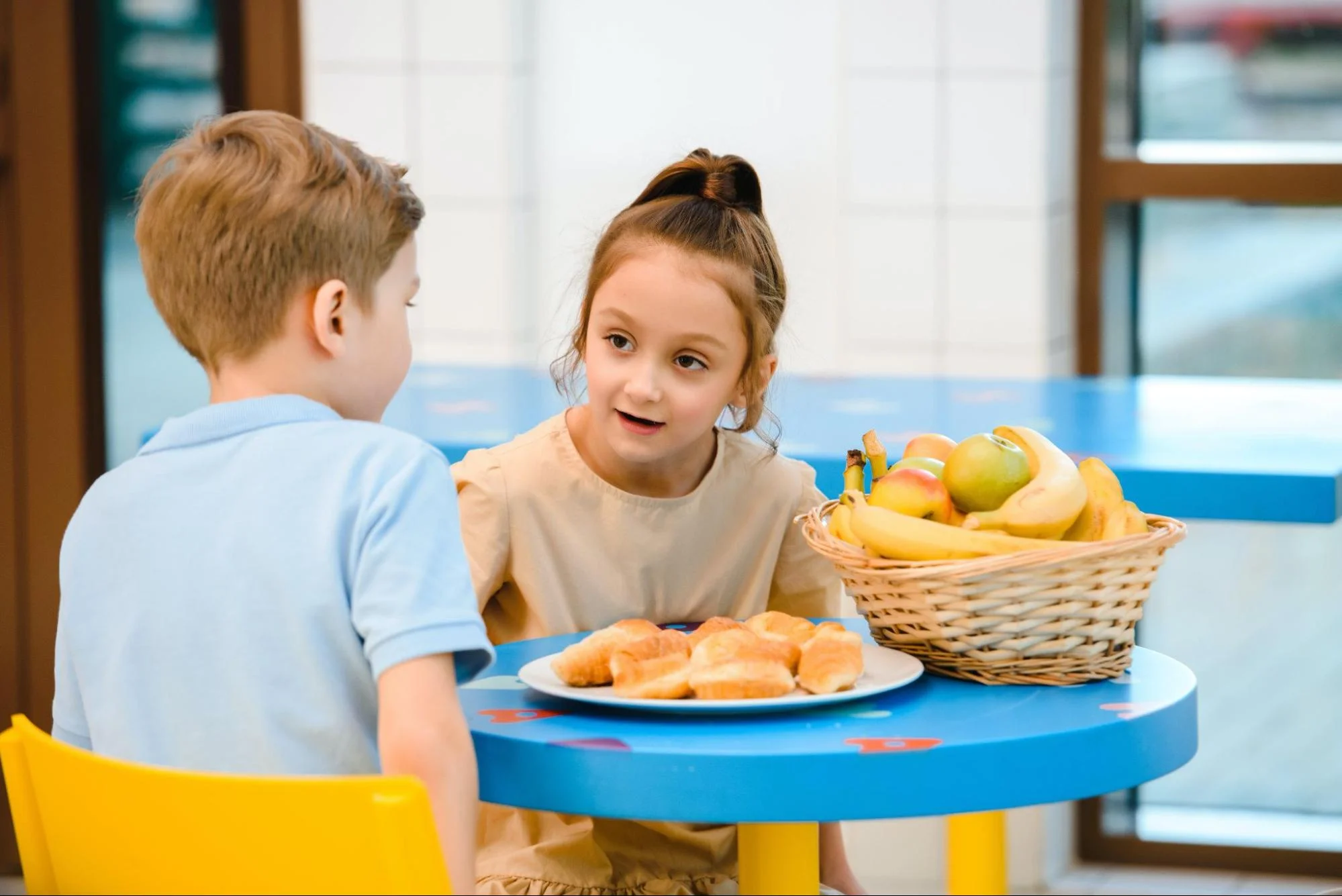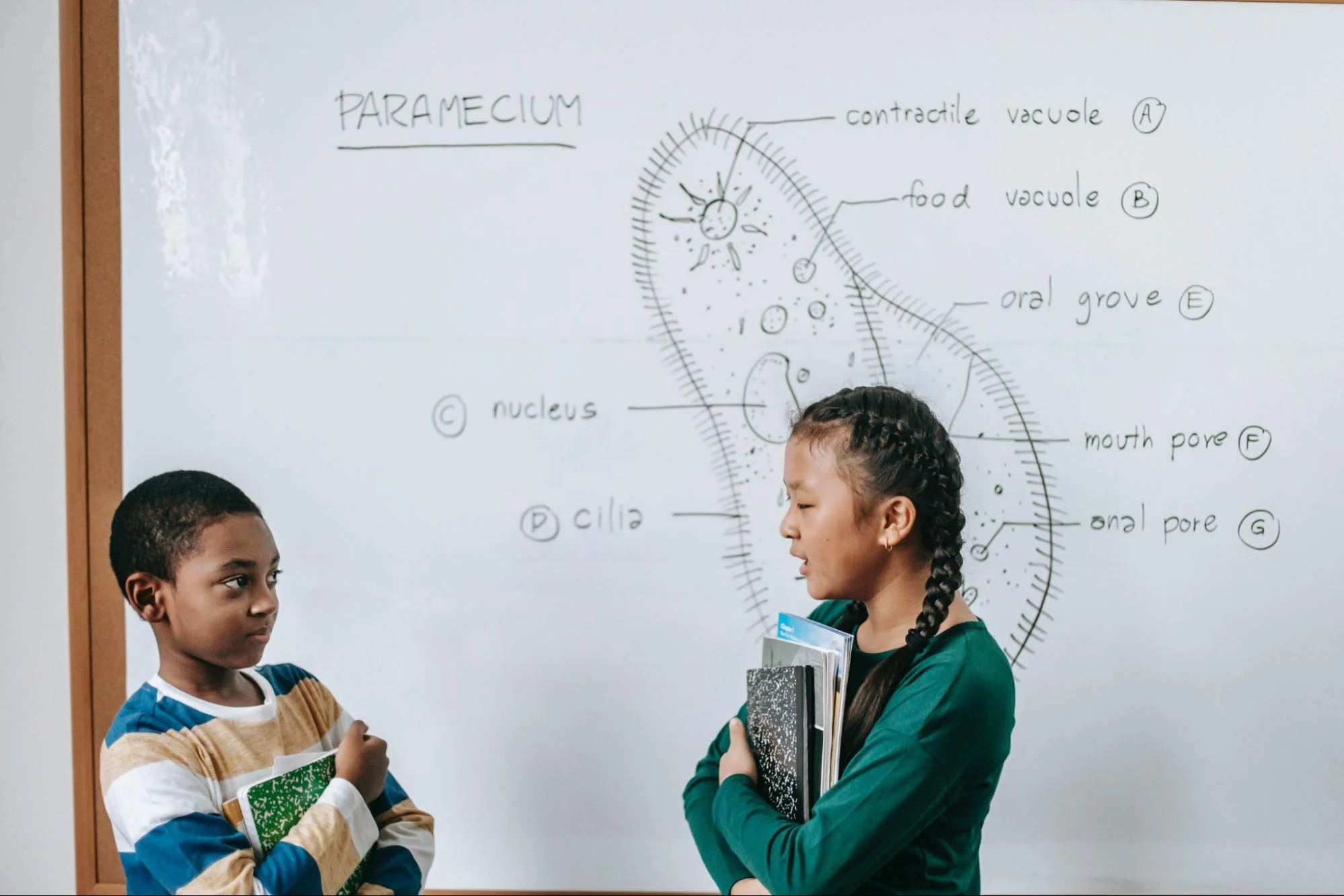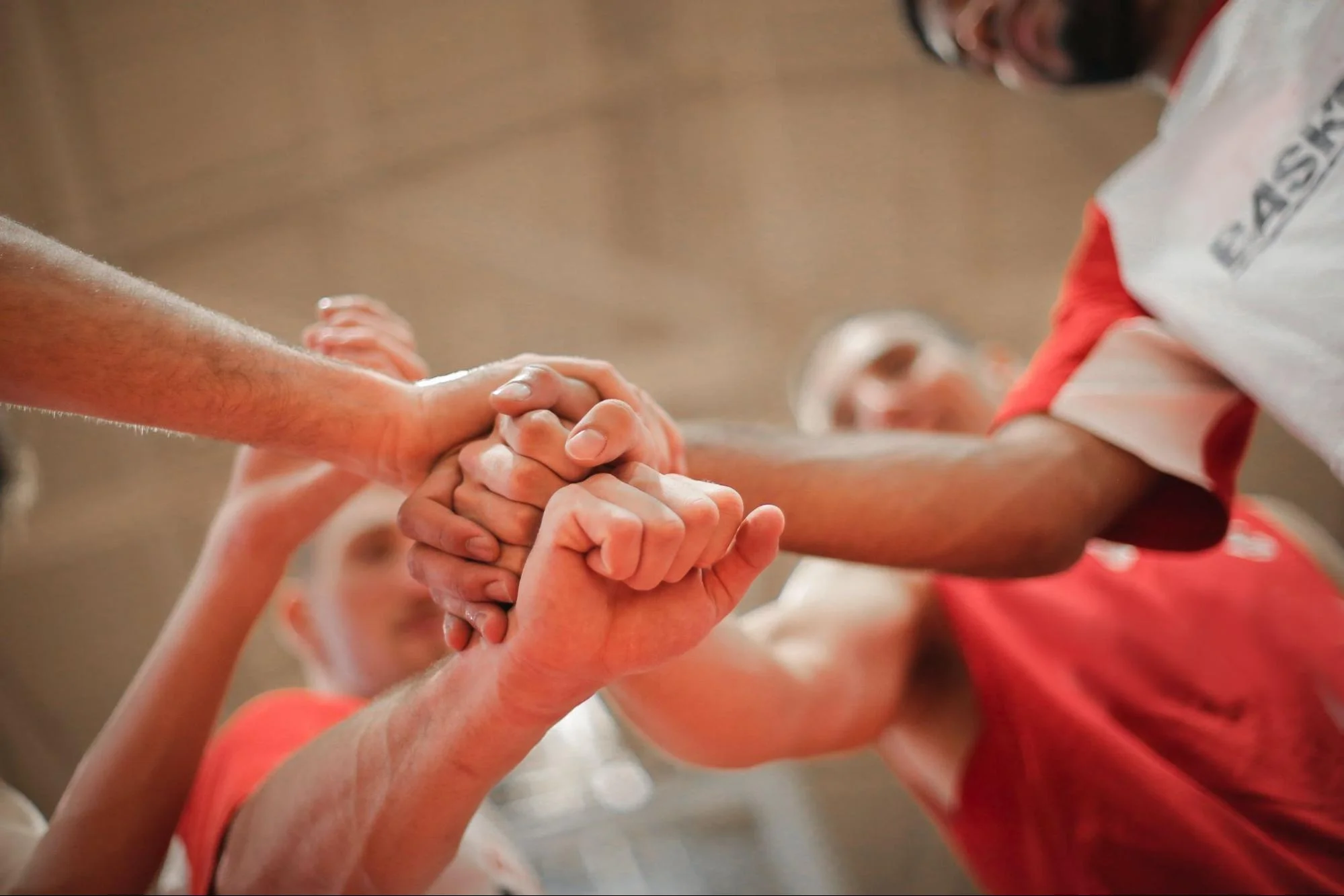Update: This article was last updated on 18th June 2024 to reflect the accuracy and up-to-date information on the page.

Social skills are socially acceptable patterns of behaviors that allow students to gain social reinforcement and acceptance and avoid aversive social situations: Mathur and Rutherford
What are social skills?
Social skills are the ability to interact effectively with society. Society is a wider term–it includes family, friends, neighborhood, school, college, workplace, etc. – where social skills are put to the test. It is easier to navigate by lanes of society with soft skills. Inculcating social skills in children is as important as academics because they will play a critical role in their success.
Hard skills and social skills complement each other, and the demand for professionals possessing both are higher. Experts say that soft skills are the differentiator while hiring people.
A survey by Adecco Staffing USA revealed that 44 percent of executives cited soft skills, such as communication, as the biggest proficiency gap. A 2015 survey found that 93 percent of employers say, “A demonstrated capacity to think critically, communicate clearly, and solve complex problems is more important than (a candidate’s) undergraduate major.”
Recommended Reading: 5 Best Books To Improve Your Social Skills
Here are some social skills that children should learn:

Communication Skills
Communication is a wider term that covers conversational skills, listening skills, storytelling techniques, and presentation skills. Communication has a direct link to success at every level. An effective communicator not just shares information but also conveys the emotions behind it in the most subtle manner. In the long run, a good communicator can be instrumental in the company’s growth by conveying messages to both the insiders and the outsiders clearly and concisely.
An expert communicator leaves little chance for conflict. Encourage your children to communicate their likes, dislikes, fears, sorrow, excitement, and happiness and facilitate them with the right words and phrases to articulate their feelings. The first communication lesson could be on using the appropriate expressions to communicate varied emotions.

Listening Skills
What kind of person you enjoy talking to the most? Those who are good listeners, but there is a dearth of such people. A few can listen, absorb, and comprehend. In communication, listening is important, and as parents first, set an example by practicing it before preaching. Groom your children to become a good listener by indulging them in listening games to develop listening comprehension skills, storytelling games, etc. Most importantly, they should listen to understand and not to react.

Articulation
Another important quality that every human being should possess is articulation. It’s a known fact that words are powerful, so choose them wisely. Words can make or break your image. The right words, spoken with the right tone and with the right mannerisms can make you a magnetic personality that others are drawn towards. Such precision and articulation come with years of training and practice. If the surveys and reports are anything to go by, your child will reap the benefits of early learning in the latter part of life.

Tolerance
Tolerance and patience go hand-in-hand. Both these qualities are important for success. Once children leave the sanctity of their home and interact with the outer world, they encounter different people with different temperaments and attitudes. Some would be polite, some would be rash, and some would-be bullies, too. Teaching children tolerance and patience would help them in keeping calm under adverse circumstances. Tolerance can come in handy while handling provocation.

Emotional Intelligence
A child should learn to communicate their emotions while respecting the feelings of others. There is no age limit to teach this skill. Children experience various emotions, and learning to deal with emotions is equally important. In the long run, emotional intelligence will translate into better performance, better interpersonal relationships, success, and a healthy mind. Emotions can be positive and negative, so empathize when they are sad and show excitement when they are happy.

Cooperation
Cooperation implies teamwork toward a shared objective. Children that comply show consideration for the requests of others. They assist, participate, and contribute as well.
Being able to work together is crucial for fostering strong relationships within a community. Along with connecting with friends in the classroom, your child will also need to cooperate with them on the playground also, being cooperative is crucial in adulthood as well.
Recommended Reading: Why Are Social Skills Important For Kids?
Cooperation with young children frequently requires significant effort. However they will need some time to learn how to accept the perspectives of those who hold differing views.
Kids can improve their sharing abilities to combine mental and physical tasks—like clearing the dinner table with a sibling—by cooperating to achieve a common goal.
Learning social skills is not rocket science, but we learn complex things and ignore simple things.
Moonpreneur is on a mission to disrupt traditional education and future-proof the next generation with holistic learning solutions. Its Innovator Program is building tomorrow’s workforce by training students in AI/ML, Robotics, Coding, IoT, and Apps, enabling entrepreneurship through experiential learning.


























